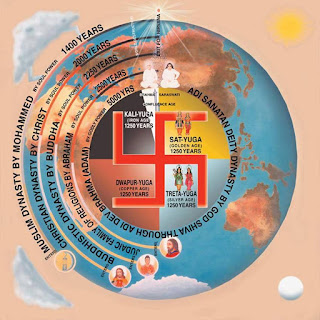Self-mastery and it's Key Components
Self-mastery is the ability to control one's own desires, impulses, and actions in order to achieve a desired outcome or live in alignment with one's values. It goes beyond simple self-control and encompasses a holistic command over one's mental, emotional, and physical self.
At its core, self-mastery is a journey of continuous self-improvement and conscious living. It's not about being a perfect person, but rather about having the discipline and awareness to make intentional choices, even when they are difficult.
Key Components of Self-Mastery
While often used interchangeably, self-mastery is built upon several foundational skills:
* Self-Awareness: This is the starting point. It's the ability to recognize and understand your own thoughts, emotions, and behaviors. By becoming more self-aware, you can identify your triggers, habits, and limiting beliefs.
* Self-Discipline: This is the ability to do what needs to be done, even when you don't feel like it. It's about resisting immediate gratification in favor of long-term goals. Self-discipline is like a muscle—the more you use it, the stronger it gets.
* Emotional Regulation: This is the capacity to manage and respond to your emotions in a healthy and constructive way, rather than being ruled by them. It involves taking a pause between feeling an emotion and reacting to it.
* Mindfulness: The practice of being fully present and paying attention to your thoughts and feelings without judgment. Mindfulness helps you observe your internal state, which is a crucial step in gaining control over it.
* Resilience: The ability to bounce back from setbacks, failures, and challenges. Self-mastery isn't about avoiding mistakes, but about learning from them and persevering with a positive mindset.
* Habit Formation: Using willpower and self-discipline to build positive habits that run on autopilot, which reduces the need to constantly make difficult decisions.
read more....




Comments
Post a Comment